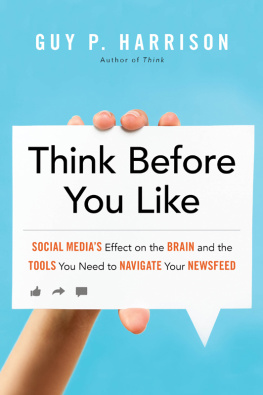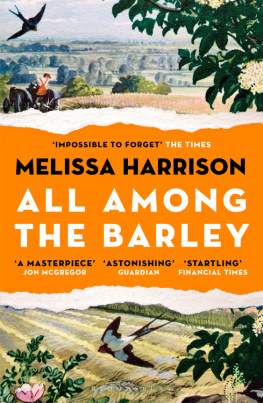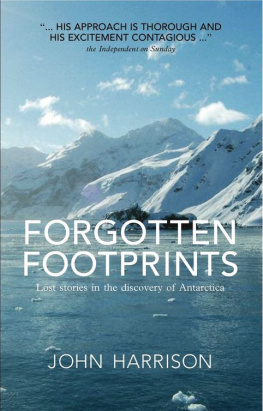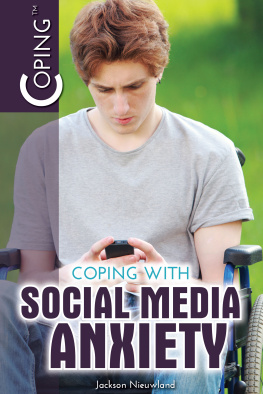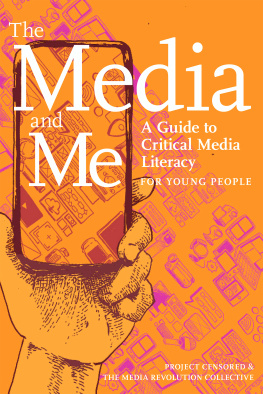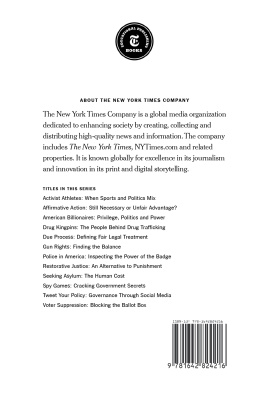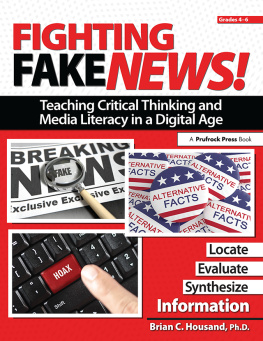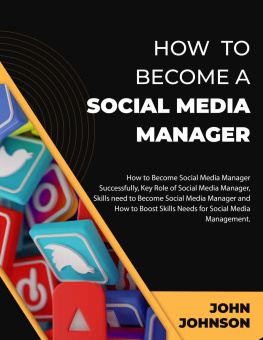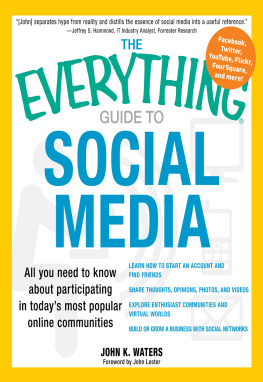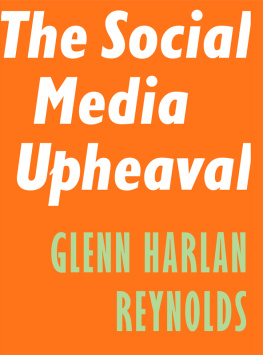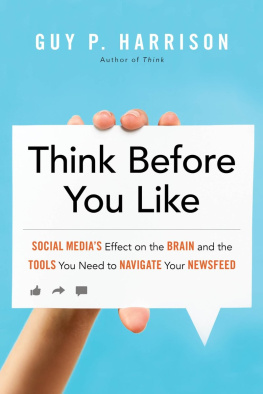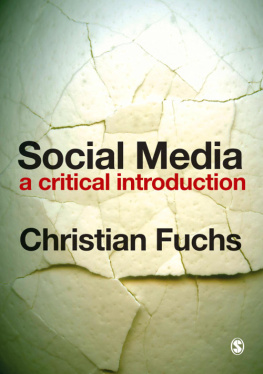Guy P. Harrison is a passionate advocate for science and reason. He calls the challenge of good thinking a moral issue and points to poor reasoning as humankind's great unrecognized crisis. Guy enjoys sharing his positive, constructive style of skepticism and science appreciation with people whenever possible. He has a degree in history and anthropology and has visited more than thirty countries on six continents. Having seen some of the best and worst of our world, he believes that we can do better. Guy maintains that if more people embraced critical thinking and had a better understanding of basic brain processes such as sensory perception, memory, and subconscious biases, we could eliminate a significant amount of human suffering and become much more efficient, safer, and productive as a species.
As a journalist, Guy has worked in many roles, including editorial writer, world-news editor, sports editor, reporter, feature writer, and columnist. He won the Commonwealth Award for Excellence in Journalism and the WHO (World Health Organization) Award for Health Reporting. Guy has also interviewed many leading scientists and significant historical figures. He has written about many diverse topics, including poverty in the developing world, conservation issues, religion, war, racism, gender discrimination, space exploration, and human origins.
Although he says he's an introvert, Guy never misses a chance to spread science and reason with others. He has been a guest on more than one hundred radio shows and podcasts and was a featured speaker at a science festival in New Zealand and at a Random House conference in San Diego, California.
Guy is the author of six previous books that have been popular with readers and highly acclaimed by critics. They are: Good Thinking: What You Need to Know to Be Smarter, Safer, Wealthier, and Wiser; Think: Why You Should Question Everything; 50 Simple Questions for Every Christian; 50 Popular Beliefs That People Think Are True; 50 Reasons People Give for Believing in a God; and Race and Reality: What Everyone Should Know about Our Biological Diversity. Random House selected Think as part of its national First Year Experience/Common Reads program, which promotes it as recommended reading for first-year university students.
Guy is a lifelong fan not only of science and history but also of science fiction. He says he's not ashamed to confess his deep love for robot uprisings, time machines, and interstellar travel. He lives in Southern California, where he enjoys running, hiking, biking, and writing.
Allen, John. Online Privacy and Hacking. San Diego: Reference Point, 2015.
Alter, Adam. Irresistible: The Rise of Addictive Technology and the Business of Keeping Us Hooked. New York: Penguin, 2017.
Angwin, Julia. Dragnet Nation. New York: Times Books, 2014.
Atkins, Larry. Skewed: A Critical Thinker's Guide to Media Bias. Amherst, NY: Prometheus Books, 2016.
Baron, Naomi S. Words Onscreen: The Fate of Reading in a Digital World. New York: Oxford University Press, 2015.
Bauerlein, Mark. The Dumbest Generation: How the Digital Age Stupefies Young Americans and Jeopardizes Our Future. New York: Jeremy P. Tarcher/Penguin, 2008.
. The Digital Divide: Arguments for and against Facebook, Google, Texting, and the Age of Social Networking. New York: Penguin, 2011.
Boog, Jason. Born Reading. New York: Touchstone, 2014.
Bostrom, Nick. Superintelligence: Paths, Dangers, Strategies. Oxford, UK: Oxford Press, 2014.
Brin, David, ed. Chasing Shadows: Visions of Our Coming Transparent World. New York: Tom Doherty Associates, 2017.
Brockman, John, ed. What to Think about Machines That Think: Today's Leading Thinkers on the Age of Machine Intelligence. New York: Harper Perennial, 2015.
Brotherton, Rob. Suspicious Minds: Why We Believe Conspiracy Theories. New York: Bloomsbury Sigma, 2015.
Caballo, Frances. Avoid Social Media Time Suck. Santa Rosa, CA: ACT Communications, 2014.
Carr, Nicholas. The Glass Cage. New York: W. W. Norton, 2014.
. The Shallows: What the Internet Is Doing to Our Brains. New York: W. W. Norton, 2010.
Chabris, Christopher, and Daniel Simons. The Invisible Gorilla and Other Ways Our Intuitions Deceive Us. New York: Crown, 2010.
Christakis, Nicholas A., and James H. Fowler. Connected: The Surprising Power of Our Social Networks and How They Shape Our Lives. New York: Little, Brown, 2009.
Clark, Andy. Natural-Born Cyborgs: Minds, Technologies, and the Future of Human Intelligence. New York: Oxford University Press, 2003.
Clark, Lynn Schofield. The Parent App: Understanding Families in the Digital Age. New York: Oxford University Press, 2013.
Colevile, Robert. The Great Acceleration. New York: Bloomsbury, 2016.
Davidow, William H. Overconnected: The Promise and Threat of the Internet. Harrison, NY: Delphinium Books, 2011.
Davis, Hank. Caveman Logic: The Persistence of Primitive Thinking in a Modern World. Amherst, NY: Prometheus Books, 2009.
Eagleman, David. Brain: The Story of You. New York: Pantheon, 2015.
Eply, Nicholas. Mindwise. New York: Alfred A. Knopf, 2014.
Epstein, Joseph. Gossip: The Untrivial Pursuit. Boston: Houghton Mifflin Harcourt, 2011.
Franklin, Daniel, ed. Mega Tech: Technology in 2050. New York: Economist Books / Public Affairs, 2017.
Goodman, Marc. Future Crimes: Everything Is Connected, Everything Is Vulnerable and What We Can Do about It. New York: Random House, 2015.
Hallinan, Joseph. Why We Make Mistakes. New York: Broadway Books, 2009.
Harari, Yuval Noah. Homo Deus: A Brief History of Tomorrow. New York: Harper, 2017.
Harrison, Guy P. Good Thinking: What You Need to Know to Be Smarter, Safer, Wealthier, and Wiser. Amherst, NY: Prometheus Books, 2015.
. Think: Why You Should Question Everything. Amherst, NY: Prometheus Books, 2013.
Hines, Terrence. Pseudoscience and the Paranormal. Amherst, NY: Prometheus Books, 2003.

